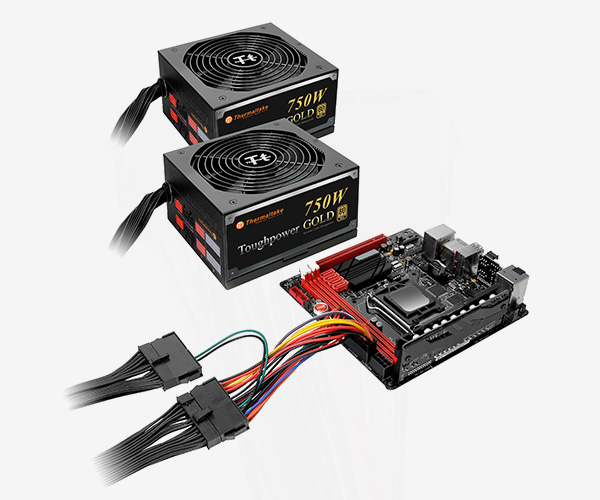Hardware components
Computer Hardware
Computer consists of roughly 2 products: hardware and software.
Hardware is physical components that manage data. This has I/O devices, CPU, motherboard, etc.
Motherboard is a main hub that can execute all other hardwares. CPU, RAM, Graphic card settled on Motherboard. It controls every activities of each hardware by allocating power.

CPU (central process unit) retrives and executes every instructions from Input devices and send the results to Output devices.
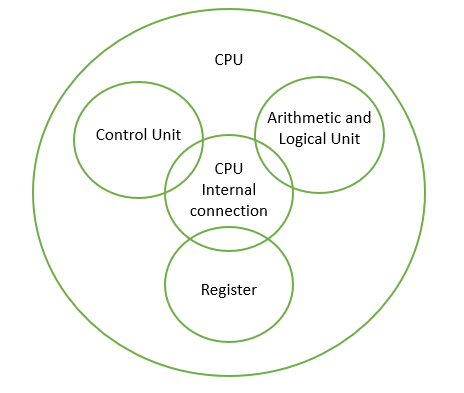
- Control Unit
surveils data transaction in Register, and commands actions to Arithmetic and Logical Unit.
This controls the whole computers operation, retrieves the commands from Input device and push signals to Register or ALU.
Also, based on commands from Input, this raises program commands from Register, analyze it, and orders to suitable components. - ALU (Arithmetic and Logical Unit)
operates microprocesses in order to executes commands. This covers all calculations.
Register is a small volatile memory. It is a memory only for CPU.
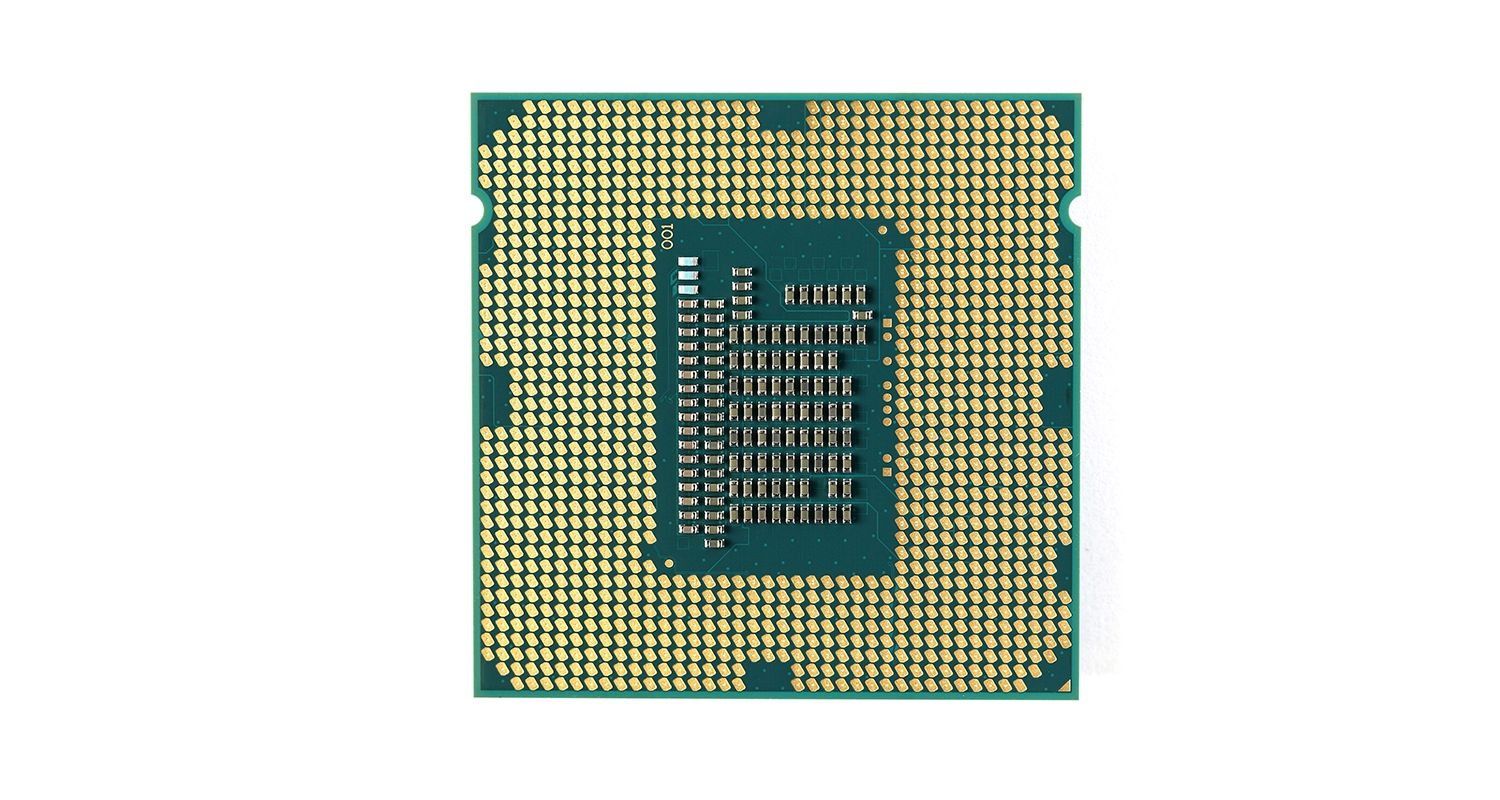
RAM
It is Volatile memory. It is a desk that operates as many programs as possible at the same time.
Data can be temporarily stored to operates on computer.
It loses their contents if it is turned off.
The bigger storage is the better work efficiency of CPU.
ROM
It is eternal memory that stores fundamental data, such as BIOS.
User cannot change the ROM data.
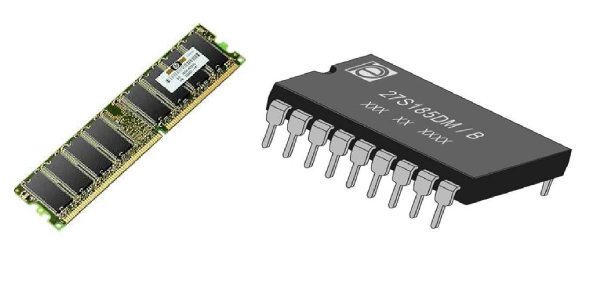
Hard Drive
It is storage components that store long and short term data.
It has HDD and SSD.
HDD (Hard Disk Drive) remembers all data with rapidly rotating disks coated with magnetic material.
SSD (Solid state Storage Drive) remembers in memory chips.
So, SSD is faster, less fragile, and less power consumption than HDD.
The difference between memory and Disk is volatility.
Memory is volatile, Disk is permanent.
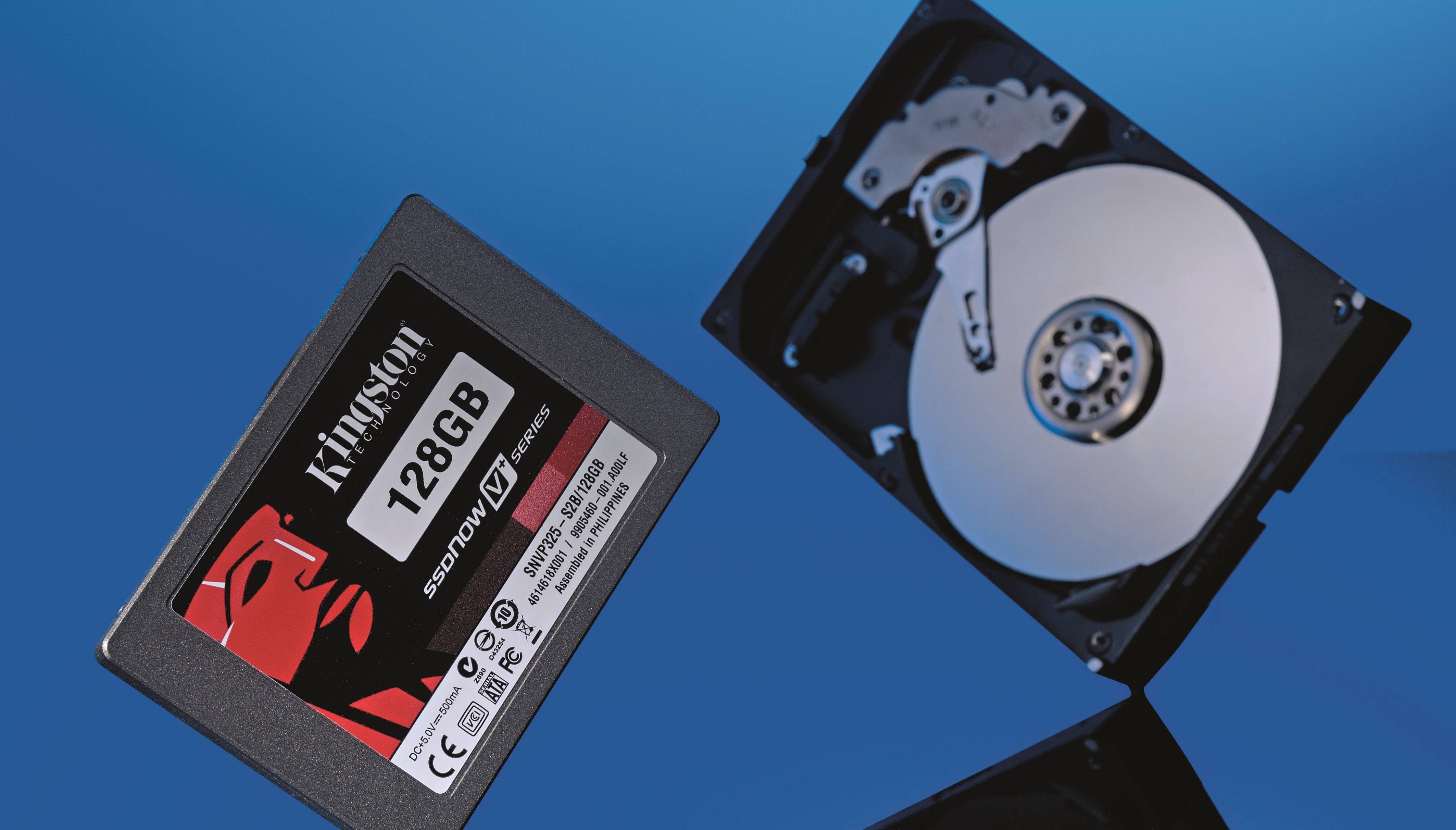
GPU (graphic processing Unit) renders massive graphic data.
In modern, newest GPU not only render graphics but also cover CPU.
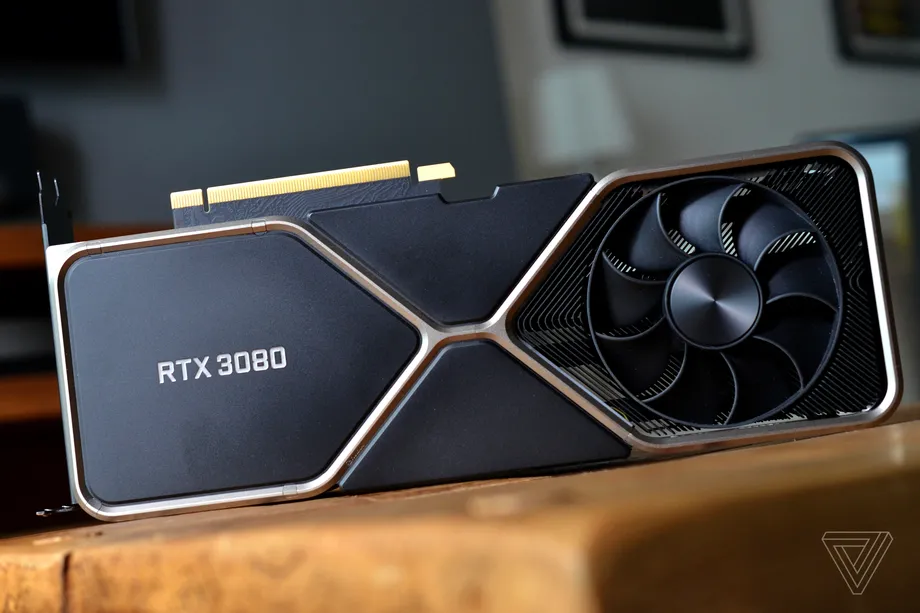
PSU (Power Supply Unit) supply power to computers.
Motherboard controls the powers from PSU to spread to suitable components in computers.
